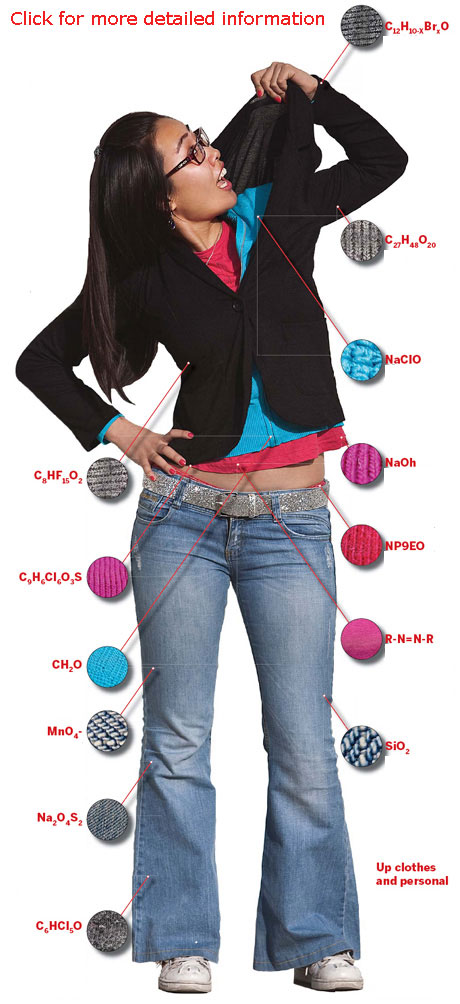Society
Cutting the cloth to fit green needs
By Daniel Chinoy (China Daily)
Updated: 2010-04-01 07:30
 |
Large Medium Small |
Waste not, want not

The Responsible Sourcing Initiative began at the RedBud Textile Mill, a collection of grimy buildings that house fabric dyeing machines and water treatment facilities in Changshu.
In 2007, the mill was flagged as an especially polluting mill in a survey by the Jiangsu Academy of Sciences and the NRDC. The factory's owner, Frank Liu, realized this was as much a business problem as an environmental and regulatory challenge when he got a call from Wal-Mart, one of his major customers, suggesting he talk to the NRDC about ways to address the issue.
"We know that sustainable business practices in the long term cost all of us less," said Eleanor Wright, Wal-Mart's raw materials director, adding that suppliers who focus on efficiency and sustainability are more likely to get the company's business. Wal-Mart also recently launched a program with its top 200 suppliers to find ways to improve energy efficiency by 20 percent by 2012, the company said.
In response to the NRDC's recommendations, which included ways to reuse hot water and water used to wash dye residue off newly colored cloth, Liu spent about 500,000 yuan ($73,000) on efficiency improvements that he said reduced water use by 23 percent and coal use by 11 percent. As a result, he now saves about 5.7 million yuan annually.
RedBud has also become more attractive to potential customers concerned that their suppliers are in compliance with environmental regulations, he said. "We're a greener factory now, and we're more competitive," he declared proudly.
Drawing on its success at RedBud, the NRDC extended its efforts to several other factories, slowly developing the best practices presented at Monday's conference. Eventually, Greer hopes to expand the program to textile mills across China.
"We appreciate the fact that China has so many thousands of factories but they do not have a regulatory system that is to scale," said Greer. "So the only way to make this work is to have something that's self-reinforcing. If you come up with ways to save money that are good for production, that should be self-reinforcing."
Major multinationals including Gap, Levi Strauss, H&M, Nike and Hong Kong-based middleman Li and Fung, have also agreed to cooperate, and Greer hopes they will push their suppliers for efficiency improvements the way Wal-Mart did with RedBud.
"The biggest challenge is to go beyond the models and the pilots and get at something that's really at the scale of the problem," she said. "Bringing something to scale in a country like China is really a challenge."
If the reaction of those attending the conference in Changshu is any guide, it may not be insurmountable. As the meeting drew to a close, seven of the factory managers had already signed up with the NRDC to explore possible improvements in their mills.







